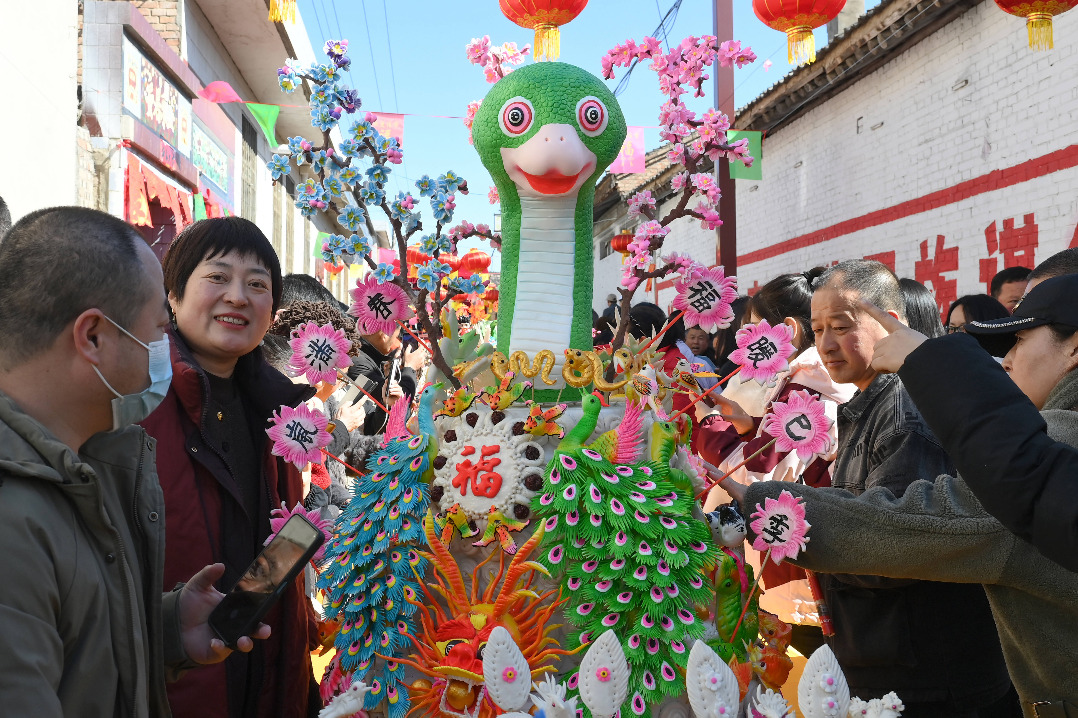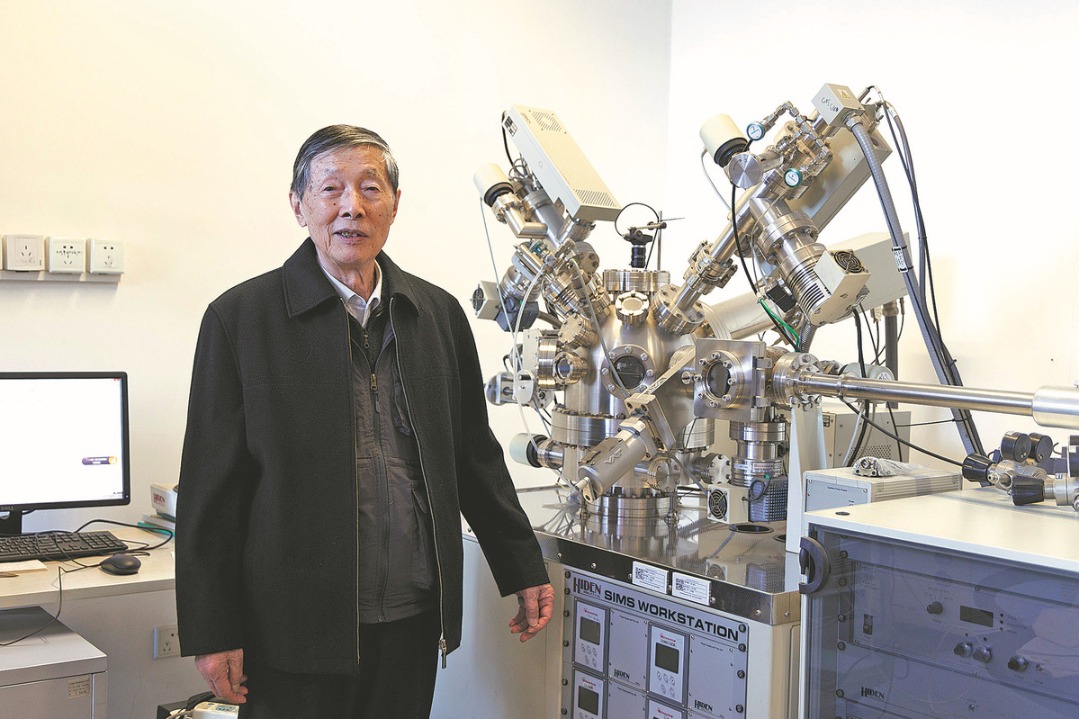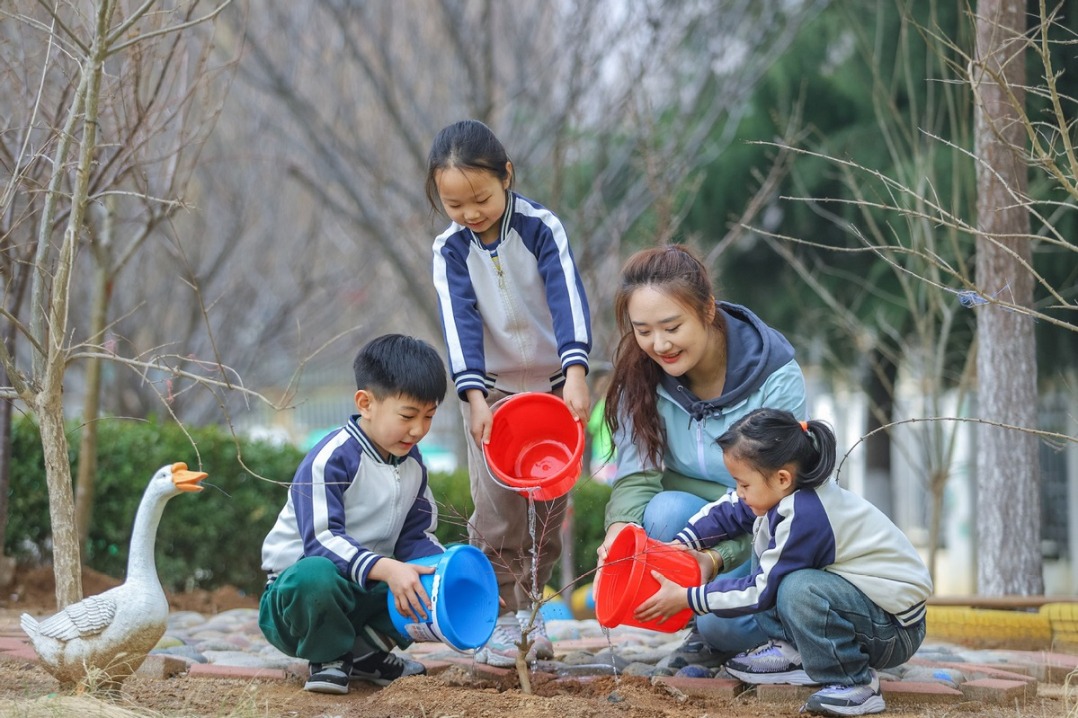Elder care studies to be diversified
New vocational bachelor programs will be introduced to address rising demand

The government will support the establishment of vocational bachelor's degree programs focused on elder care and management at vocational universities under new guidelines issued by the Ministry of Education and the National Health Commission.
The initiative aims to accelerate the training of professionals in integrated medical and elder care, addressing the rising demand for senior healthcare services, the ministries said in a circular posted online.
The guidelines call for expanding program offerings, allowing graduates of related associate degree programs, such as geriatric health management and smart elder care services, to apply for the new programs. Schools with the necessary resources are encouraged to develop training models that cover secondary education through bachelor's degree studies.
Vocational universities should align their programs with regional healthcare needs and conduct feasibility studies before launching new offerings, the guidelines say.
The plan also promotes collaboration between traditional universities and vocational institutions to share resources and support the development of medical and health-related programs.
Schools are expected to take a comprehensive approach to curriculum development by incorporating legal education, public health strategies and population aging responses. Partnerships with elder care institutions, hospitals with geriatric departments, rehabilitation centers and nursing facilities are encouraged to provide hands-on training, with practical courses accounting for at least 50 percent of total study hours.
Institutions are urged to develop core courses, produce high-quality teaching materials and strengthen faculty teams. The guidelines also emphasize industry collaboration through talent pipeline programs to foster closer ties between schools and healthcare providers.
Local education and health departments will oversee implementation and coordinate support for schools and students. Officials will work to expand employment opportunities for graduates in the healthcare and elder care sectors.
The guidelines identify 10 key regions for program expansion: Beijing, the provinces of Hebei, Heilongjiang, Jiangsu, Zhejiang, Jiangxi, Shandong, Guangdong and Sichuan, and the Guangxi Zhuang autonomous region.
By the end of 2027, each of these regions is expected to have established at least three new vocational bachelor's degree programs in elder care and management.
The number of elderly people — those age 60 and older — in China reached 297 million at the end of 2023, according to the Ministry of Civil Affairs. The country has about 500,000 certified nursing workers, while demand is estimated at 10 million, according to China Central Television.





































